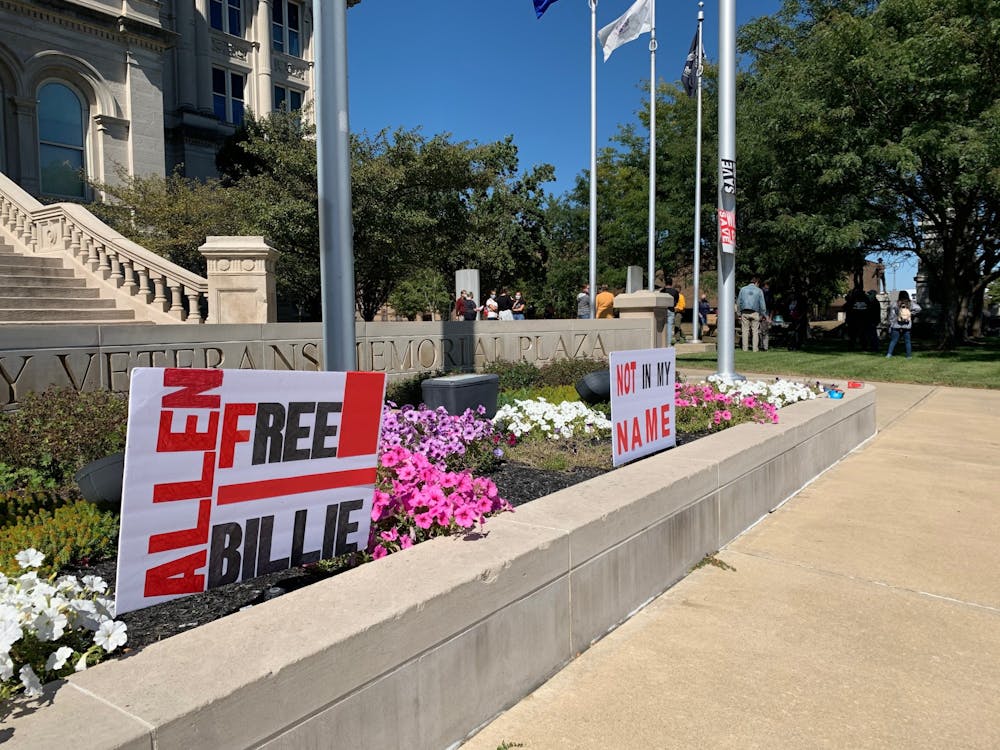“We knew we couldn't make it illegal to be either against the war or Black, but by getting the public to associate the hippies with marijuana and Blacks with heroin, and then criminalizing both heavily, we could disrupt those communities. We could arrest their leaders, raid their homes, break up their meetings and vilify them night after night on the evening news. Did we know we were lying about the drugs? Of course we did,” John Erlichman, a key adviser to former President Richard Nixon, confessed in 1994.
The war on drugs further codified racism as a tool of the justice system.
The Anti Drug Abuse Act of 1986 established the framework for mandatory minimums and drug convictions. The act mandated a minimum sentence of five years for the possession of five grams of crack cocaine whereas it required five hundred grams of the more expensive powder cocaine to trigger the same sentence. By 2010, 85% of the people sentenced for crack cocaine offenses were Black. The legislation demonstrated a clear effort to disenfranchise Black Americans who were more likely to possess crack cocaine.
From 1979 to 1989, the number of Black individuals arrested for drug violations increased by more than 300%. Today, 80% of people in federal prison for drug offenses are people of color despite whites being more likely to use drugs. The justice system is twelve times more likely to wrongfully convict a Black person for drug possession.
Mandatory minimum sentences enable the tyrannical criminalization of communities of color.
The death penalty is yet another tool in the toolbox.
Alfred Bourgeois’ execution last Friday brought the total number of executions under President Donald Trump to ten since resuming after a 17-year hiatus. 2020 is the deadliest year for federal capital punishment since the late 1890s.
Black individuals account for 34% of all executions and 38% of federal executions since 1977. More than 40% of inmates currently on death row are Black. Furthermore, defendants convicted of killing white victims are 17 times more likely to be executed than those convicted of killing Black victims.
A disproportionate number of wrongful convictions also occur with the death penalty. More than half of the 172 death row exonerees since 1973 were Black. It is no surprise the justice system, with its history of vilifying the Black community, continues to wield capital punishment in a way that supports its racism.
Not only are Black Americans disproportionately sentenced to death and executed, but their families are less likely to be awarded the “justice” that advocates of capital punishment so often celebrate. The death penalty instead reinforces America’s utter disregard for Black lives.
Support for the death penalty in only certain cases, at its core, is still support for an arcane and cruel system of punishment for all. Granting the justice system any leeway in determining who is fit to live sets a dangerous and unthinkable precedent. As long as the death penalty exists, so will its racially charged application.
Simply put, you cannot advocate for the death penalty and simultaneously support the Black Lives Matter movement.
The death penalty ultimately provides the United States with yet another opportunity to flagrantly disrupt and exploit Black communities through a selective application of sentencing laws.
Capital punishment is a barbaric measure which enables the government to prioritize victims deemed most deserving of justice at the expense of defendants viewed as the least important. The U.S. has repeatedly made its decision clear: Black lives are dispensable.
Katelyn Balakir (she/her) is a junior studying policy analysis and world political systems. She is a member of Indiana Model United Nations.






